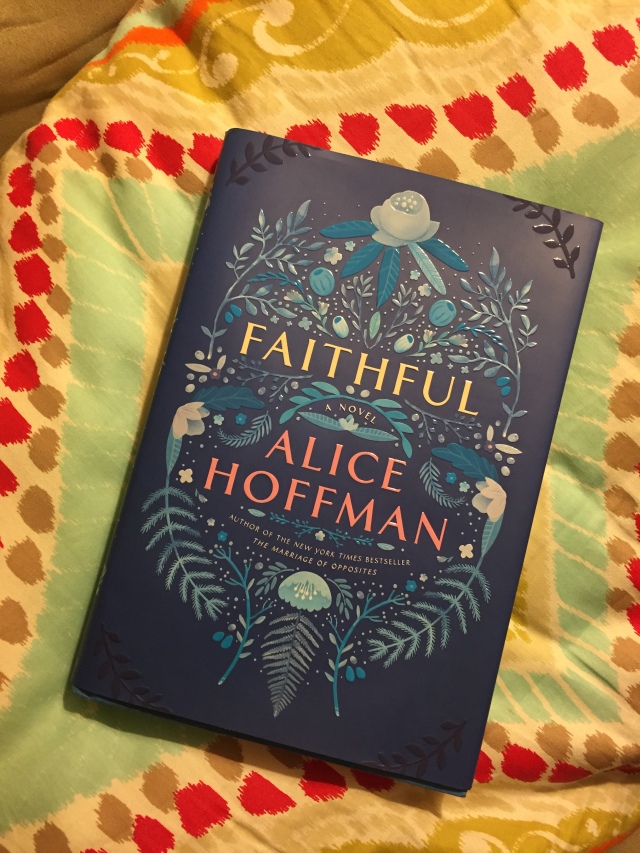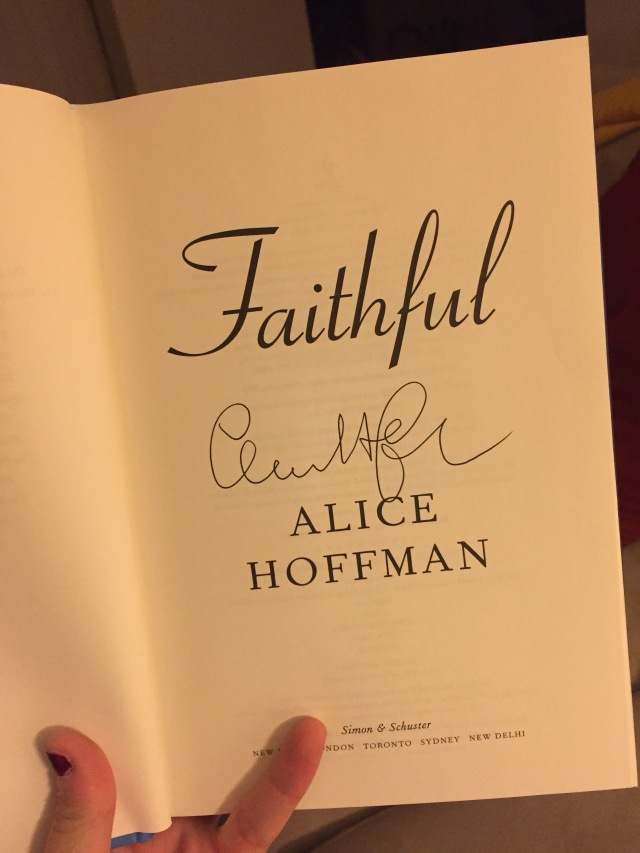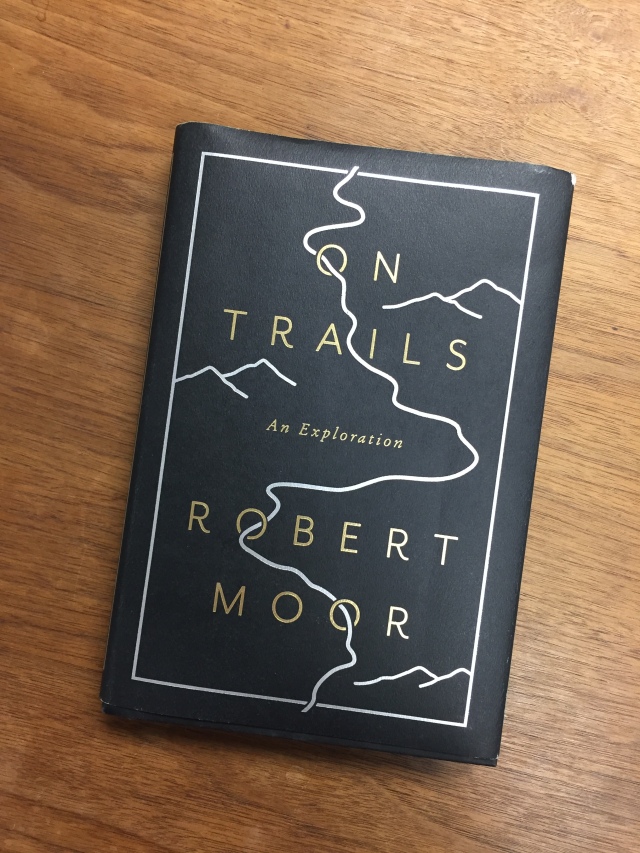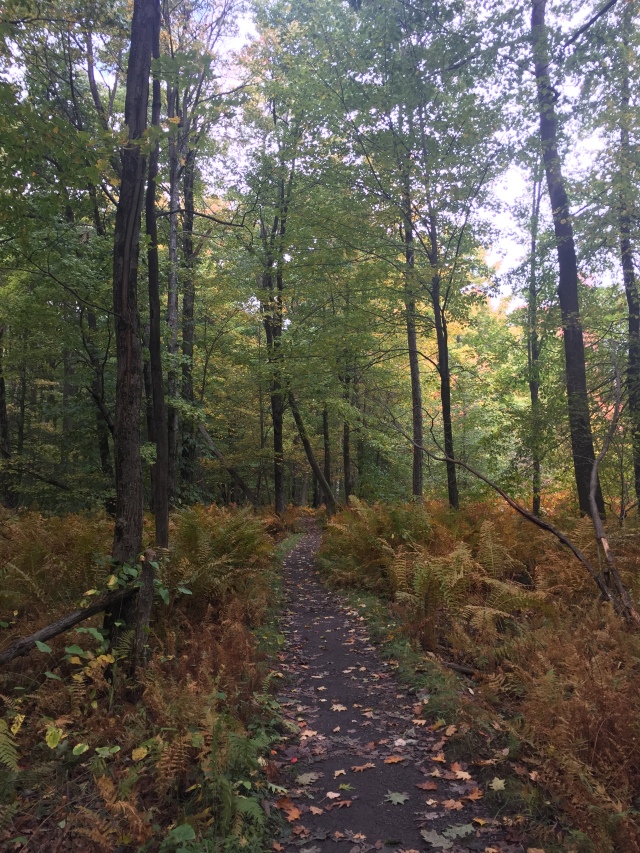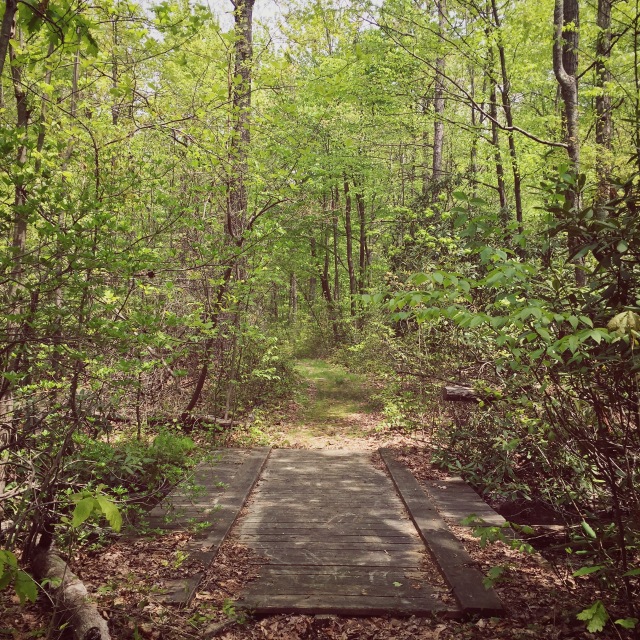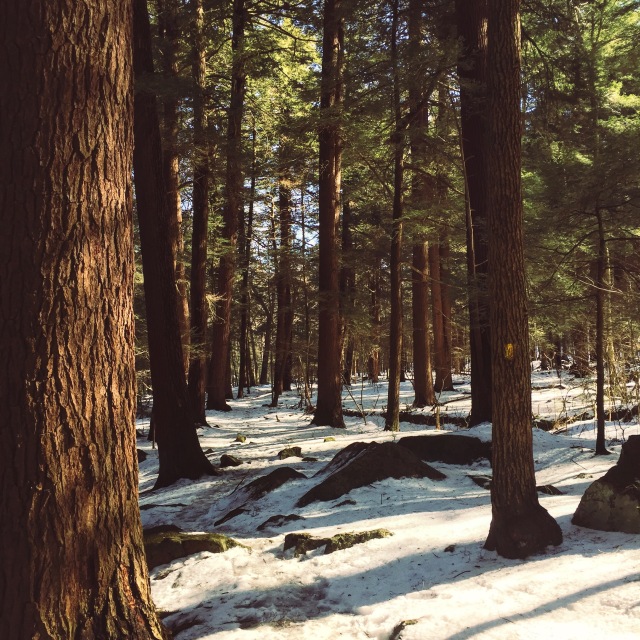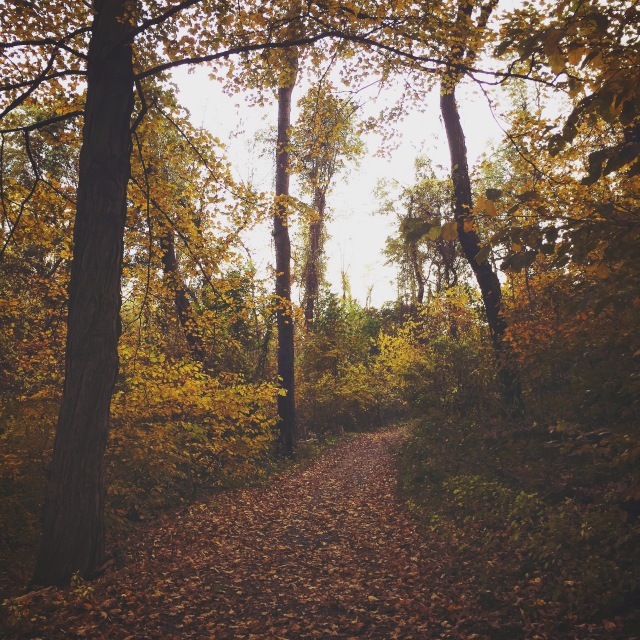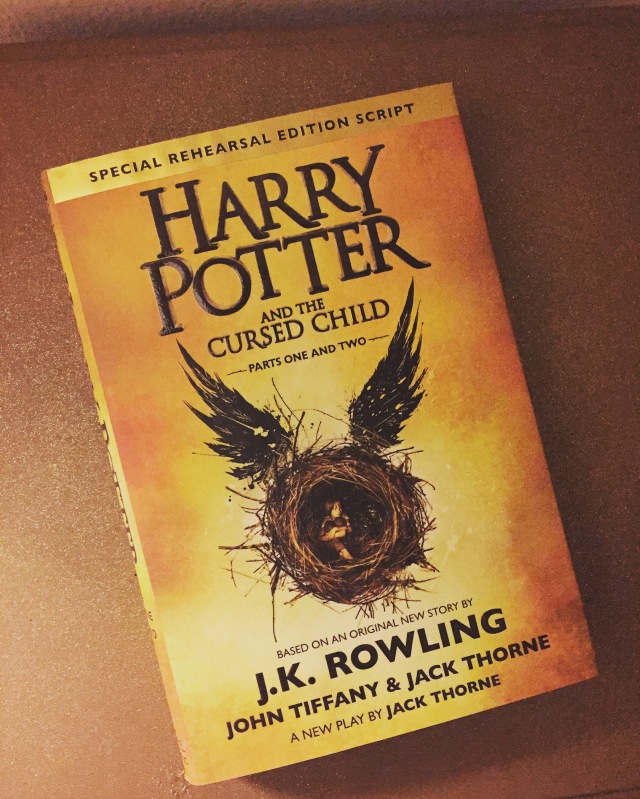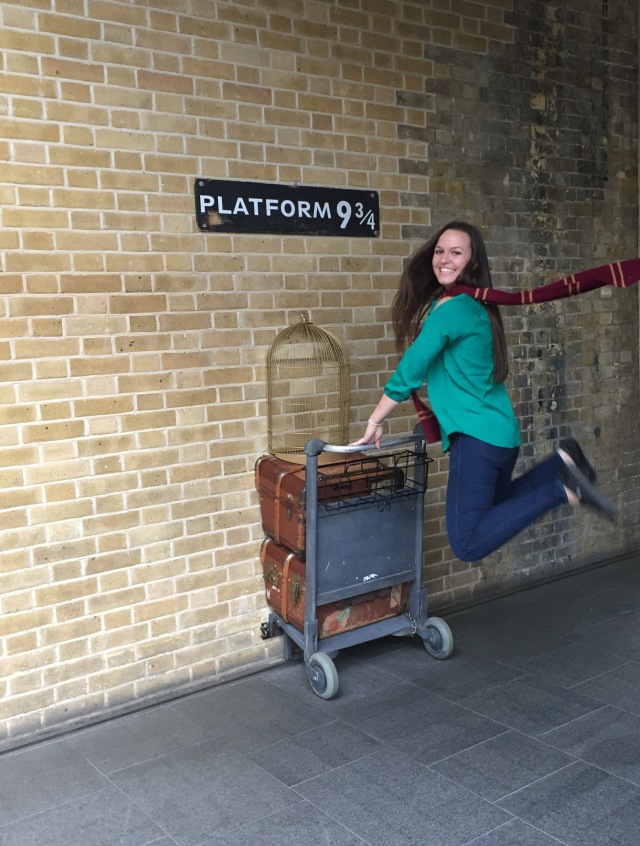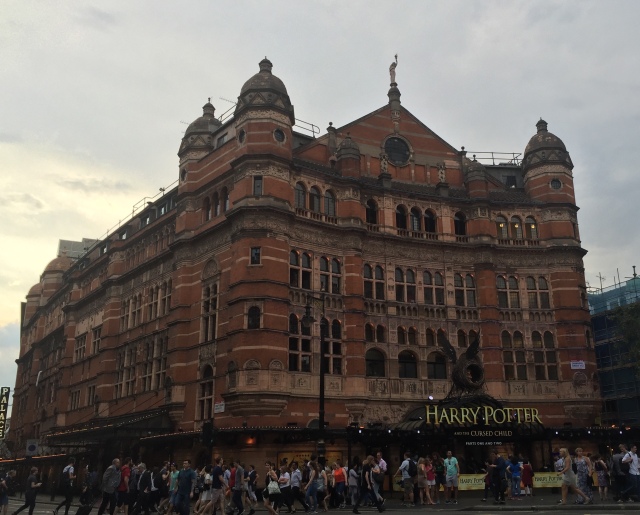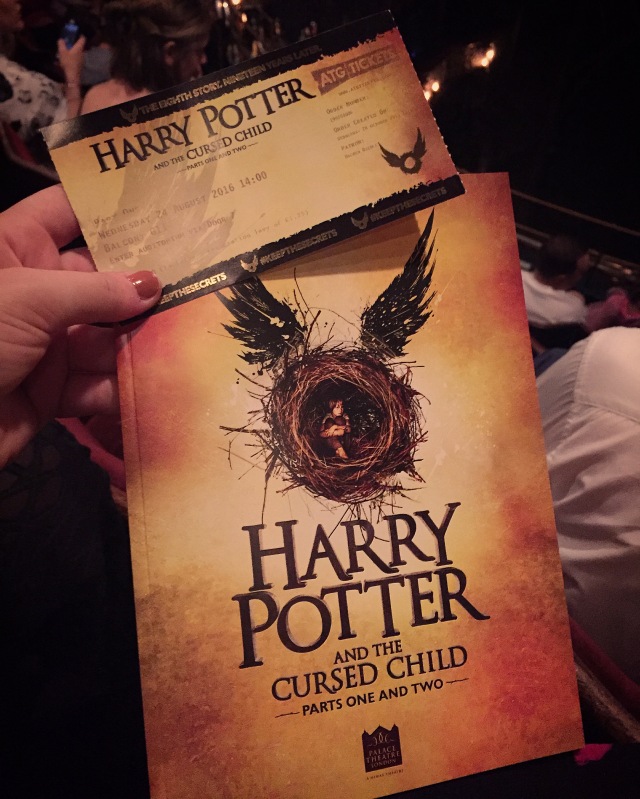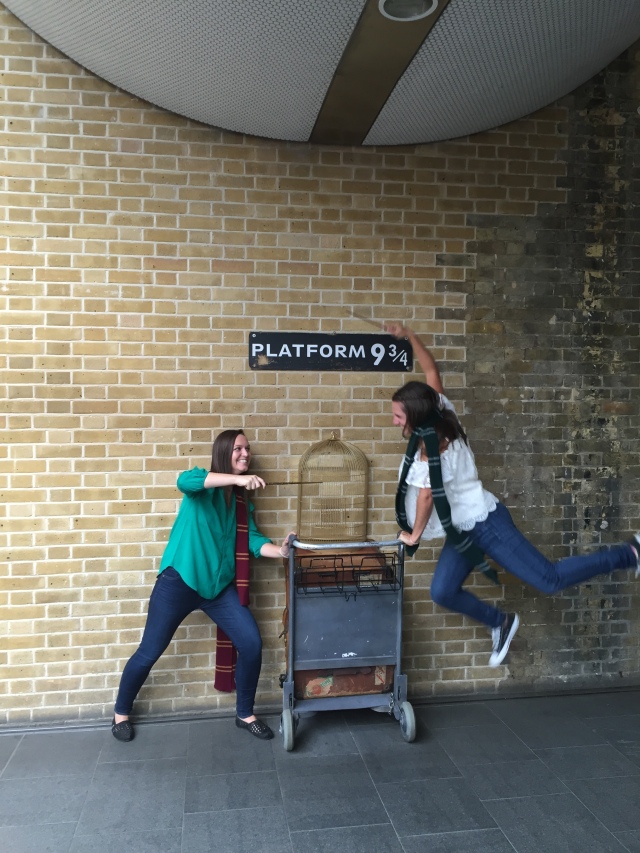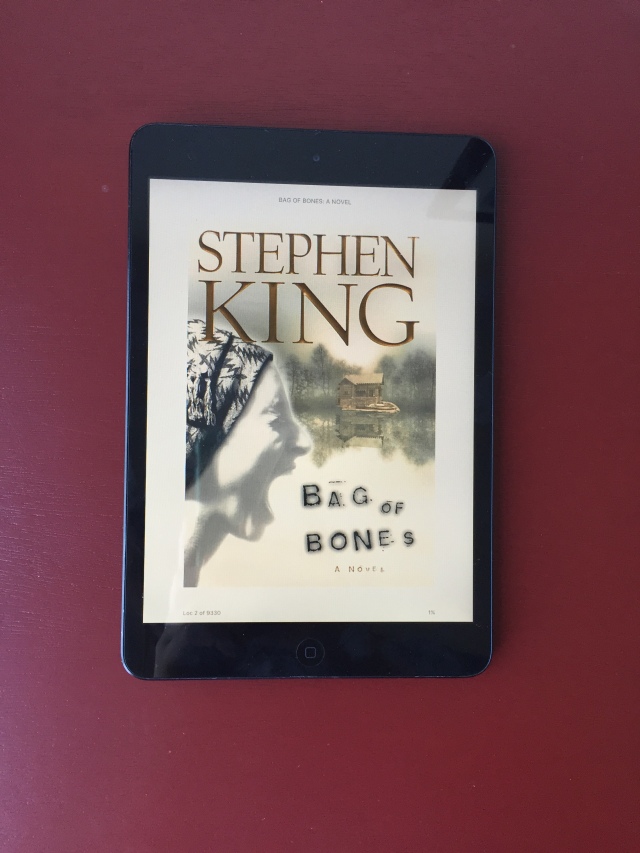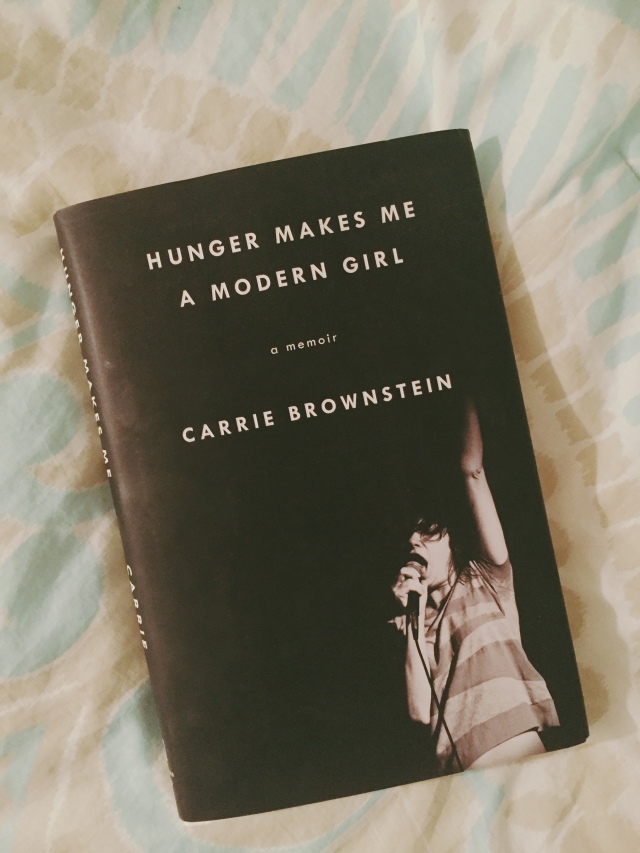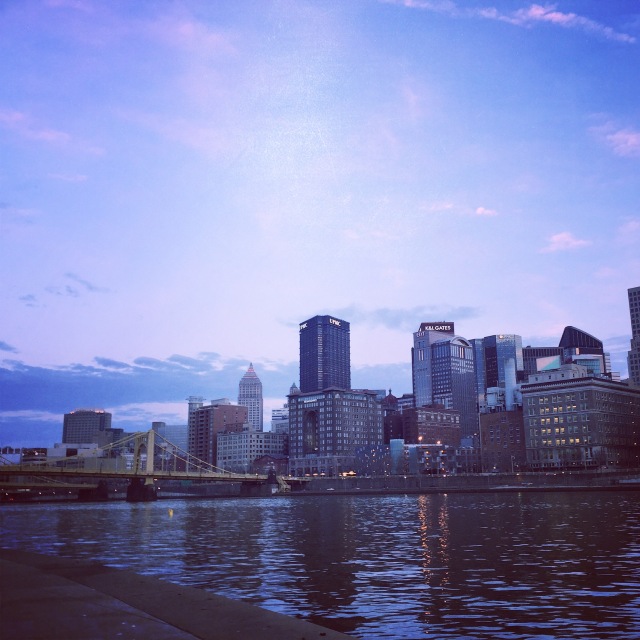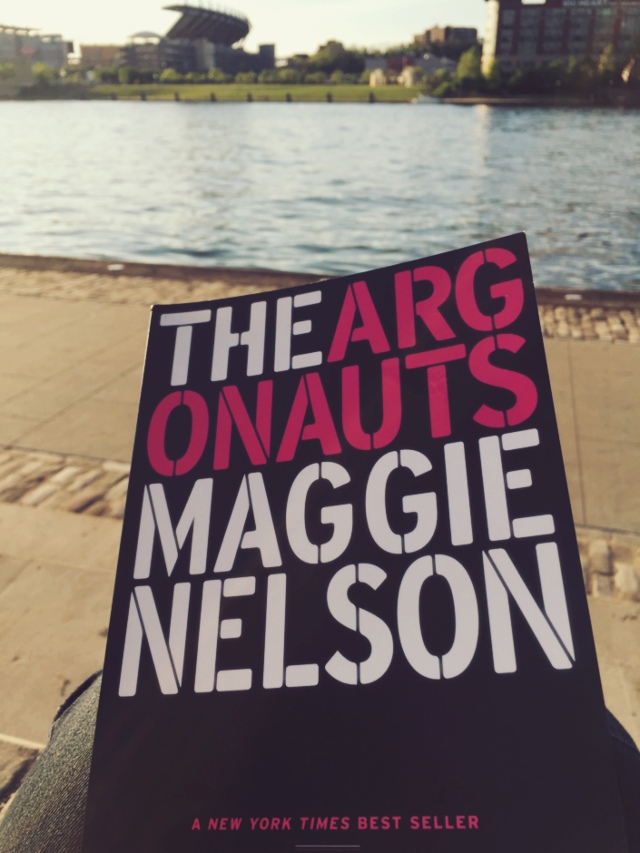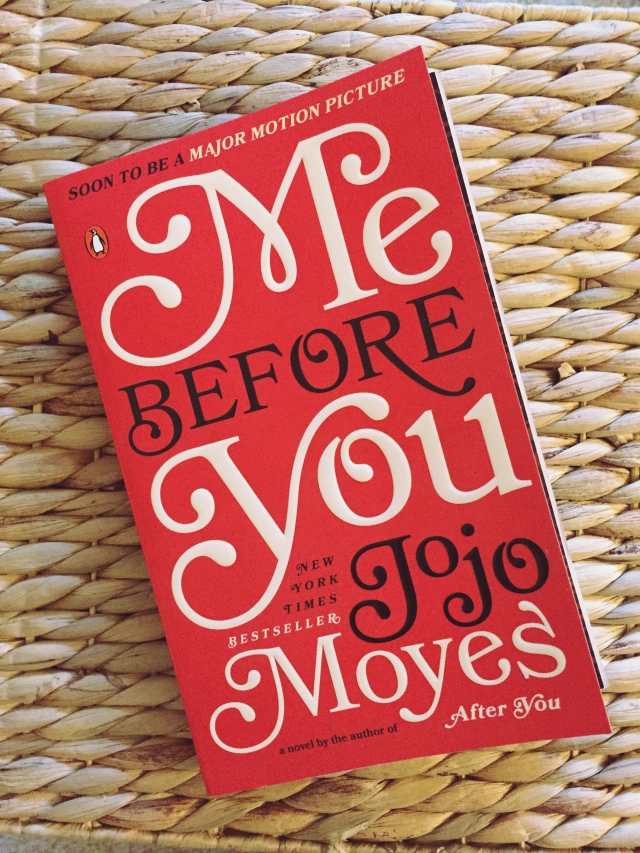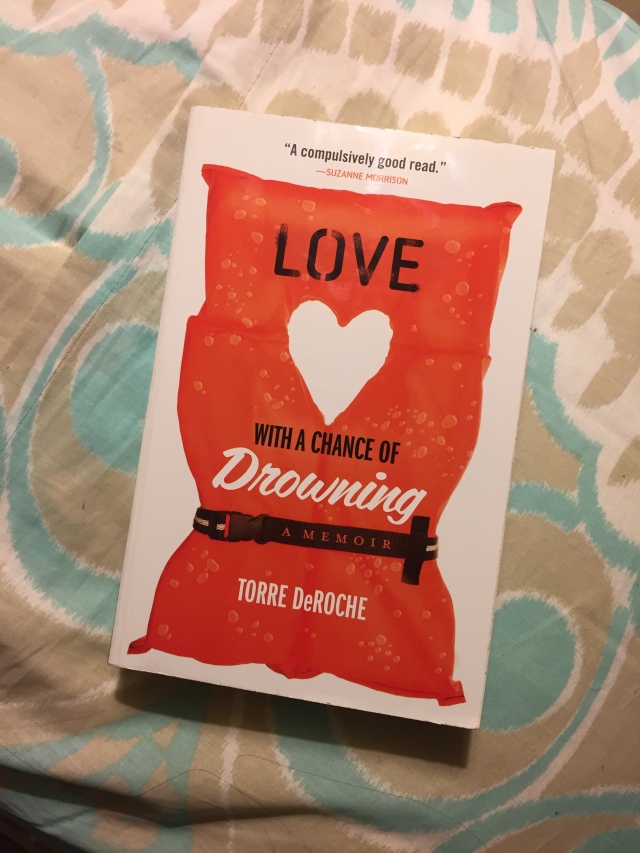
To be perfectly honest (and petty), I’m immensely jealous of Torre DeRoche after reading her memoir. Actually, if I’m going to be really honest I’ll say that I was immensely jealous about twenty pages in, and my envy only grew throughout the remainder of the book. I mean, she walks into a bar, approaches an attractive guy that just so happens to be a sexy Argentinean man, and not only does their drunken hook-up turn into a real, meaningful relationship but she ends up sailing halfway around the world with him! For me, personally, I would be completely and totally happy with about one of the above, let alone all of them! Torre DeRoche is one lucky woman, and I would do anything for her to show me her ways!
Okay, but all silliness and pettiness aside, I was very inspired by her story. And not just in the I-would-love-to-quit-my-job-and-travel-the-world way. Much of “Love With a Chance of Drowning” was about overcoming fears, or at the very least learning to live with them. And it was a very good examination of relationships, and how sometimes it’s not easy to reconcile the long term goals and dreams of two different people. Also, I think it was a good lesson on how to determine when you’re ready- for a move, for a job change, for whatever.
So in this book, Torre DeRoche tells the story of how she ended up sailing across the Pacific Ocean with her boyfriend, Ivan. Not only is this incredible by itself, but it’s made more incredible by the fact that Torre was very afraid of deep water. That’s right- a woman who was afraid of water spent two years sailing on the ocean! If that’s not the definition of overcoming fears, I don’t know what is. For Torre, the one thing holding her back was herself and her own trepidations. She talked a lot about how her experience was something she would tell her grandchildren about. Basically, she was presented with an opportunity of a lifetime, and she could either take advantage of it or turn it down because she was afraid. Obviously, she chose to embrace the adventure. But her fears didn’t end with her decision to go; her anxiety and stress were present throughout the book. Sailing across the Pacific Ocean sounds glamorous, but in reality it can be very dangerous. Over and over again Torre found ways to face down her fear and enjoy their adventure together, despite the risks. I think that was one of my favorite takeaways: you don’t have to be fearless to go on an adventure, you just have to be brave one day at a time.
Tied into Torre’s fears about the trip were her feelings for Ivan, her boyfriend. The relationship seemed to move at lightning speed: they met, then they were dating, within months they were living together, and almost within a year they were sailing the open seas together. I’ve had some experience being in a relationship that moves at hyper-speed, and in my case it didn’t work out. I had jumped in with both feet before I was ready to accept that his dreams were vastly different from mine. In my situation, he broke up with me because he was afraid that I wouldn’t be happy in the long run. It was brutal at the time, but looking back on the experience I think it was the right thing. I think I would have become miserable a few years in, and would have caused a lot more pain for everyone if it had continued. In a sense, Torre’s experience started out the same way. She committed to the trip knowing that Ivan had dreams of spending his life on the ocean. By comparison, she was a city girl with ties to civilization and people, and had plans to live out her life in Australia, her homeland. This dichotomy between the two of them was apparent throughout the book, and in some ways contributed to Torre’s stress and anxiety. It was proof that relationships aren’t easy, and that they often require sacrifice from both parties. This true story of a couple’s experience was evidence that love isn’t the fairytale that fiction pretends it is.
Aside from lessons on fear and relationships, I was most impressed with how and when Torre and Ivan knew it was time to let go and begin their journey. They had spent months living in the sailboat as it was docked in Los Angeles, and doing everything possible to prepare for their trip. For Torre, that meant learning how to sail as well as helping Ivan improve the boat so it was in its best condition. They received some frightening “advice” from some of the people they encountered. Sometimes they were told they would die at sea. Other times people said they were crazy and inexperienced, and it was too dangerous. But one woman told them that if they kept trying to prepare for the journey, then they would never leave. She said that it was impossible to ever be ready for such a trip, and it was just a matter of waking up and deciding to go. This stuck with me. It reminded me of a John Green quote from Paper Towns, which I’ll try to loosely quote here: “Leaving is the hardest thing to do, until you go. Then it’s the easiest damn thing in the world.” This quote, and Torre and Ivan’s experience, shows that we’re never really ready for what’s coming. There is no way to ever be completely prepared for what’s ahead. It’s just a matter of making a decision and sticking to it, and figuring it out along the way.
I wasn’t really expecting all of these important life lessons when I started reading this book. I was expecting it to be a light and comical read, without the philosophy lessons. However, I’m happy that these messages were there along with the humor. In a way, this was just what I needed to read at this point in my life, and I’m pleased that I had the notion to pick it up one day.

